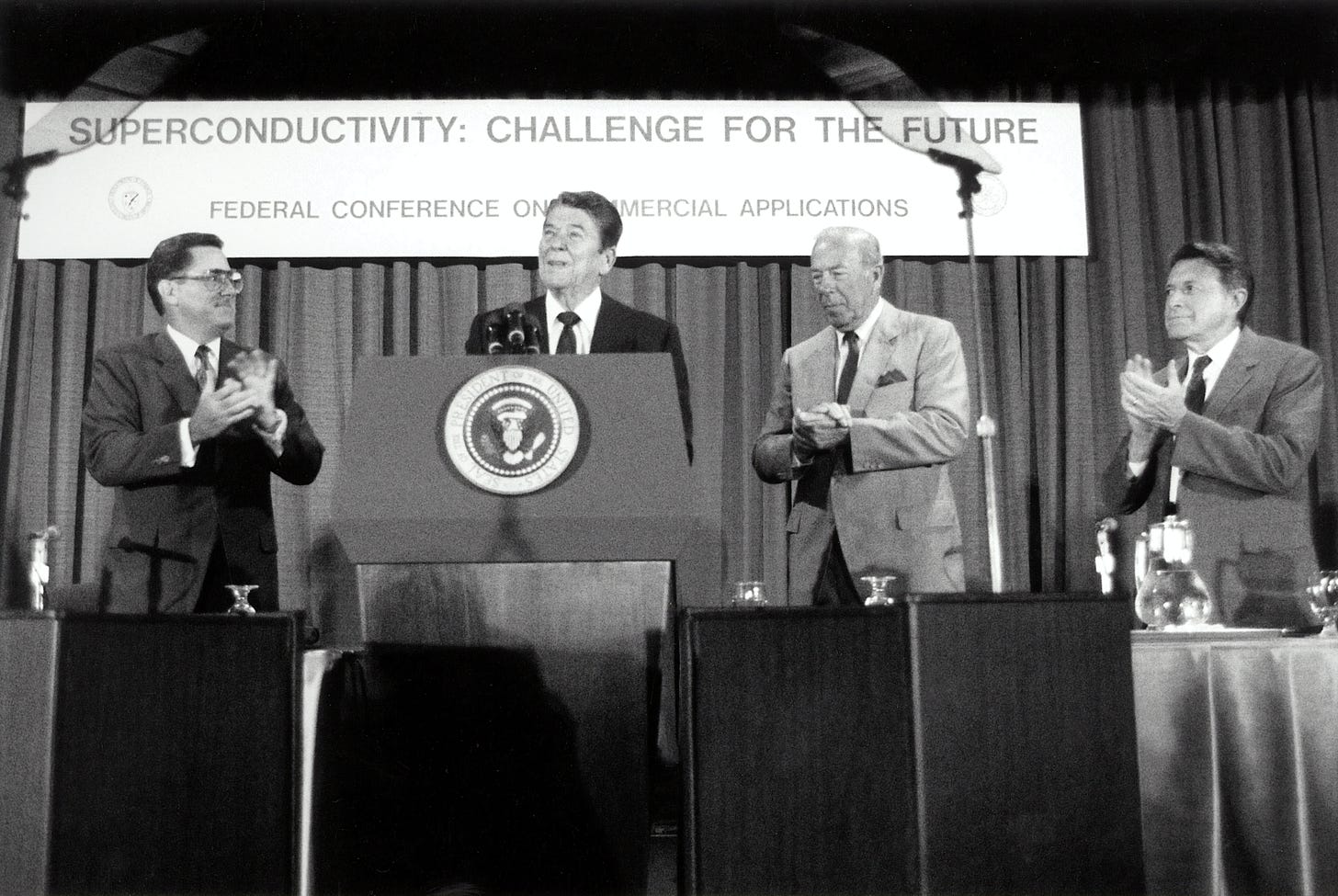There’s a shift happening. It’s most obvious in the US, where Donald Trump’s elevation to the presidency revealed cracks in the “Reagan consensus” of the 1980s, the marriage of social conservativism with economic liberalism that made low taxes and supply-side economics the default position of the conservative movement. It gathered momentum through the publication of JD Vance’s best-seller, Hillbilly Elegy, which pundits seized on to explain the populism that Trump had unleashed and which Netflix seized on for, well, capitalist reasons. Since then, leading US conservative intellectuals and politicians have moved steadily to what would have been regarded as the economic left, advocating for pro-family spending policies, the restoration of “economic sovereignty” and withdrawal from international trade organisations like the WTO, “common-good capitalism”, and against increasingly monolithic corporate giants like Amazon and Facebook. So it’s not a bad time to remind ourselves of what’s true in capitalism even if this shift is, on the whole, a welcome one.

Dedicated readers will remember that we’re touring through How to be a Conservative, by Roger Scruton, as we try to decipher what conservatism means and maybe even reclaim the term. Scruton’s an unabashed advocate for conservatism, but along the way he considers and celebrates the truth that’s expressed in other schools of thought. We’re up to the chapter on capitalism, which is itself a contested term and one that should be defined.
By capitalism, Scruton means an “economy based on private property and free exchange.” Capitalism, he says, is the answer to a problem of coordination in a large society “in which people depend for their survival and prosperity on the activities of strangers.” Having the freedom to trade what you own, and having the assurance that what you own is yours to trade, means that people “can … exchange what they own for what they need.” Prices are an essential part of this economy, because they “offer the solution to countless simultaneous equations mapping individual demand against available supply.”
In Scruton’s generation, many people held up the planned economies of the Soviet bloc as the answer for the West, believing that the power of the state would iron out inequalities and inefficiencies. The Soviet economies imploded decades ago, in what was not only a practical failure but a logical one. It was a logical failure because those states depended on information about demand and supply being known centrally so that it could be used to direct economic decisions—but this information, being “socially generated and socially dispersed” was something that no single person or institution can ever fully know. So Scruton, as we’ve seen previously, has little time for socialism or socialist economics.
But he’s not shy in pointing out the limitations of markets and capitalism either. First, he points to the ways in which markets can fail, including where participants in them don’t have to bear the full cost of their activities—what economists call the problem of “externalities.” As an example, he points to the rise in food packaging that increasingly litters the landscape. “Most of this packaging is non-degradable and exists in order to promote the economies of scale that enable supermarkets to undercut the grocery stores that are their only real competitors.” In this, and many other ways, he argues that supermarkets do not pay the true costs they impose on society while continuing to reap the rewards of their business. This, he says, “is the glaring abuse through which the market … condemns itself.”
This takes us to what I think is Scruton’s most important point about markets and capitalism, that they depend on a moral order and on social arrangements that they do not themselves create. Scruton begins by pointing out “the distinction between things with a value and things with a price.” In religion, those things that are literally price-less are described as sacred, “and a concern for the priceless and the non-exchangeable is exactly what defines the conservative view of society.” But markets don’t have any mechanism for determining what should be priced and what shouldn’t. That depends on the people in the market, who decide what can be offered for sale and why, and that in turn depends on their character and their beliefs. Scruton also points out that markets depend on trust: “Every transaction in the market takes time, and in the time between initiation and completion only trust, not ownership, holds things in place.” Trust, too, depends on the character of people in the market, and that depends on their formation in families, churches, clubs, trade unions, and all the other associations of civil society.
The shift in US conservatives’ economic thought, as I read it, is largely about trying to restore some balance to the prevailing view of the free market. They tend to be arguing for things that are taken for granted here, like paid parental leave and more generous family tax credits, so if that shift does show up here it is likely to look different, at least on the surface. But their underlying message, that the market depends on things it cannot provide, that the logic of the market works only in the market, and that multi-national corporations don’t necessarily have national interests at heart, are relevant here. And as our government adopts a more interventionist stance in the economy through policies like Fair Pay Agreements, we should remember Scruton’s point that economic planning tends to run aground on the social distribution of economic information. Between the Scylla of central planning and the Charybdis of the unfettered market lies the truth in capitalism.


